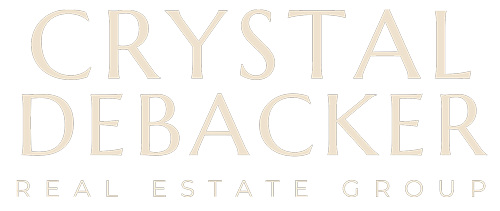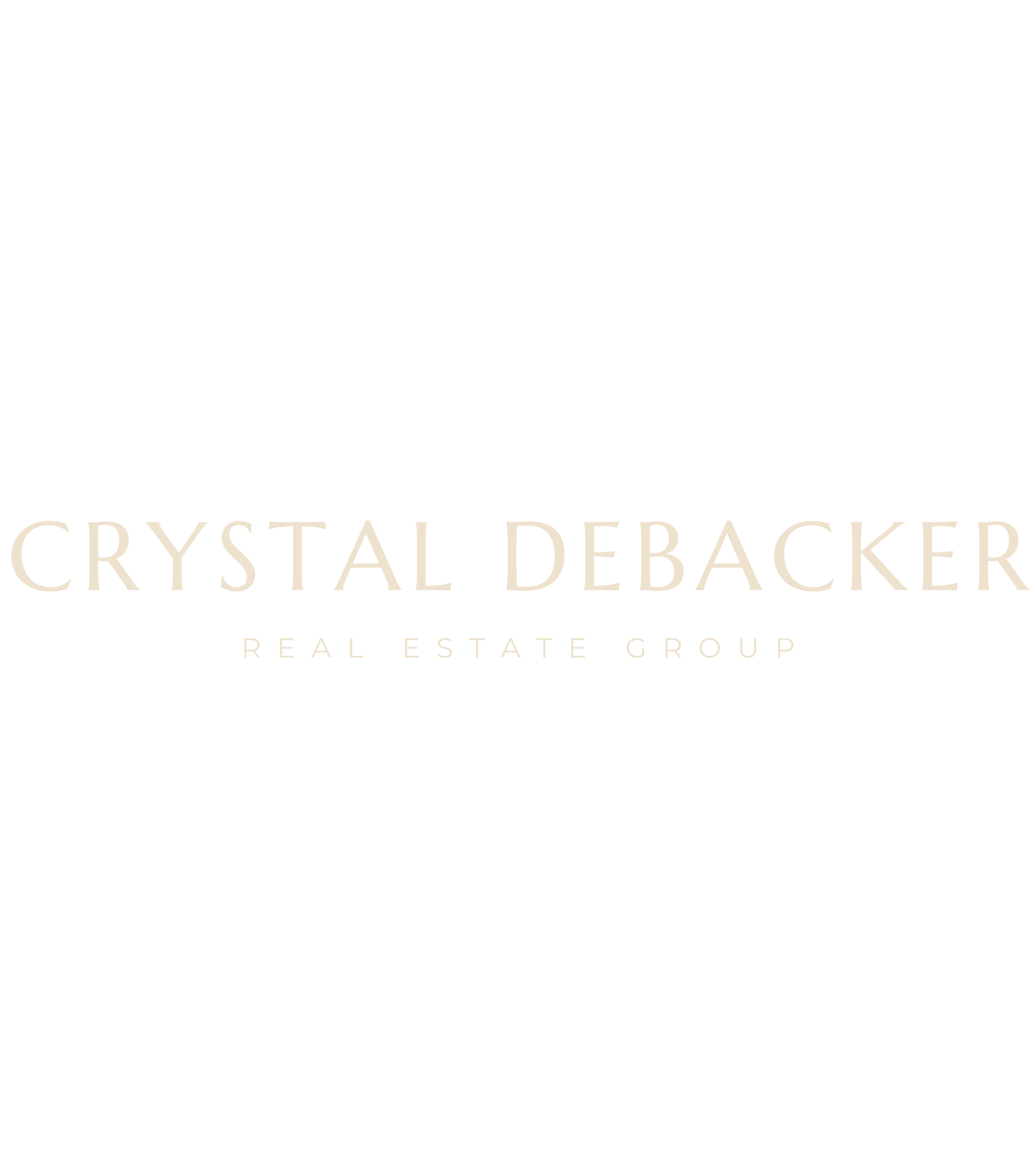Thinking about buying a home while juggling debt? You’re not alone. Many aspiring homeowners face this exact dilemma. Should you eliminate debt first or go ahead and buy now? The answer isn’t black and white—it depends on your financial picture, your goals, and even what’s happening in the housing market.
Let’s break it all down in simple, relatable terms—no confusing jargon, just real talk and useful advice.
Understanding the Debt-Homebuying Dilemma
Why This Question Matters
Buying a home is one of the biggest financial commitments you’ll ever make. At the same time, debt—especially the wrong kind—can weigh down your financial flexibility. Knowing how the two interact is key to making a confident decision.
Common Types of Debt
You might be carrying:
- Student loans
- Credit card balances
- Car loans
- Personal loans
Each one has different implications for your credit and cash flow. Some are “better” than others, and lenders don’t treat them all equally.
The Impact of Debt on Your Home Buying Power
Credit Score Considerations
Your credit score is your financial reputation. Lenders use it to gauge your reliability. The more debt you have, especially if you’re close to your credit limits, the lower your score tends to be.
Lower score = higher interest rates = more expensive mortgage.
Debt-to-Income (DTI) Ratio Explained
Lenders also look at your Debt-to-Income ratio—the percentage of your monthly income that goes toward paying debts.
What Is a Good DTI for a Mortgage?
Ideally, lenders want to see your DTI at 43% or lower. The lower, the better.
How Lenders View Debt
Let’s be real: lenders don’t care if your debt is from student loans or shopping sprees. What matters is your ability to repay the mortgage and handle your existing obligations.
Pros of Paying Off Debt Before Buying a Home
Better Mortgage Terms
Less debt usually means a higher credit score, which can snag you a lower interest rate. That could save you tens of thousands over the life of your loan.
Lower Monthly Stress
Without those nagging loan payments, your monthly cash flow feels more breathable. It’s easier to handle surprise home expenses—because yes, those will come.
Improved Budget Flexibility
Being debt-free means your budget has room to stretch. Want to furnish the new house or take a weekend trip? You won’t feel guilty (or broke) doing it.
Cons of Paying Off Debt Before Buying a Home
Delaying Homeownership
Paying off debt could take years. Meanwhile, you might miss your window to buy when interest rates or prices are favorable.
Missing Out on Appreciating Markets
In growing areas like North Texas, home values can rise quickly. While you’re laser-focused on debt, home prices might climb out of reach.
Draining Your Savings
Aggressively paying down debt might leave you with little to no money for a down payment, closing costs, or emergency funds. Not a great move when entering homeownership.
How to Decide: Key Questions to Ask Yourself
What’s Your Debt Type and Interest Rate?
High-interest credit cards? Yep, pay those off ASAP. But low-interest student loans or a small car payment? Maybe not so urgent.
Are You Comfortable With Your Current Finances?
Can you sleep at night with your current debt and a mortgage payment? If the answer is “ehh… not really,” it might be time to prioritize.
What’s the Local Housing Market Like?
If you’re in a hot market (hello, Van Alstyne!), waiting might cost you. Buying sooner—even with some debt—could make more sense long-term.
Strategic Ways to Balance Both
Snowball vs. Avalanche Debt Strategies
Use the snowball method (smallest debts first) or avalanche method (highest interest rate first) to start reducing debt without halting your home plans.
Down Payment Assistance Programs
Many states offer programs to help with down payments. This might let you keep cash in hand while still making a smart home purchase.
Partnering With a Mortgage Professional
A good lender or real estate advisor can walk you through real numbers—not just guesswork—so you make a plan that works for you.
Real-Life Scenarios
Scenario 1: The Student Loan Juggler
Amy has $40K in student loans but solid income and a low interest rate. She buys a modest home now and keeps paying her loans steadily. Result? She builds equity and manages her debt smartly.
Scenario 2: Credit Card Crusher
Jake’s credit card debt is through the roof at 22% APR. He chooses to pay it down before buying. Good call—his credit score rises, and he qualifies for a way better mortgage later.
Scenario 3: Debt-Free Dreamer
Karen waits until she’s 100% debt-free before buying. She enters homeownership stress-free and has more room in her budget to renovate and travel. Worth the wait.
Final Thoughts
So, should you pay off debt before buying a home?
It depends.
It’s not an either/or decision—it’s about understanding your financial picture, the current market, and your personal goals. In some cases, buying a home while carrying manageable debt makes sense. In others, waiting until you’re debt-free offers peace of mind and long-term financial benefits.
The key? Make a strategic choice—not an emotional one.
FAQs
1. Does student loan debt stop you from buying a house?
Not necessarily! As long as your DTI is within lender guidelines and you’re making payments on time, you can still qualify for a mortgage.
2. Should I use my house down payment to pay off credit cards?
Only if your credit card interest is sky-high and you have another source for the down payment. Otherwise, focus on balance.
3. Can I buy a house with a high DTI?
It’s tough, but not impossible. FHA loans allow DTIs up to 57% in some cases, but your interest rate might suffer.
4. What is considered “too much debt” for a mortgage?
If your debt-to-income ratio is above 43%, most lenders will see that as a red flag. Aim for under 36% for best results.
5. What if I have no debt and no credit?
Ironically, that’s not ideal either. Lenders want to see a history of responsible borrowing. Consider a secured credit card or small loan to build credit history before applying.





